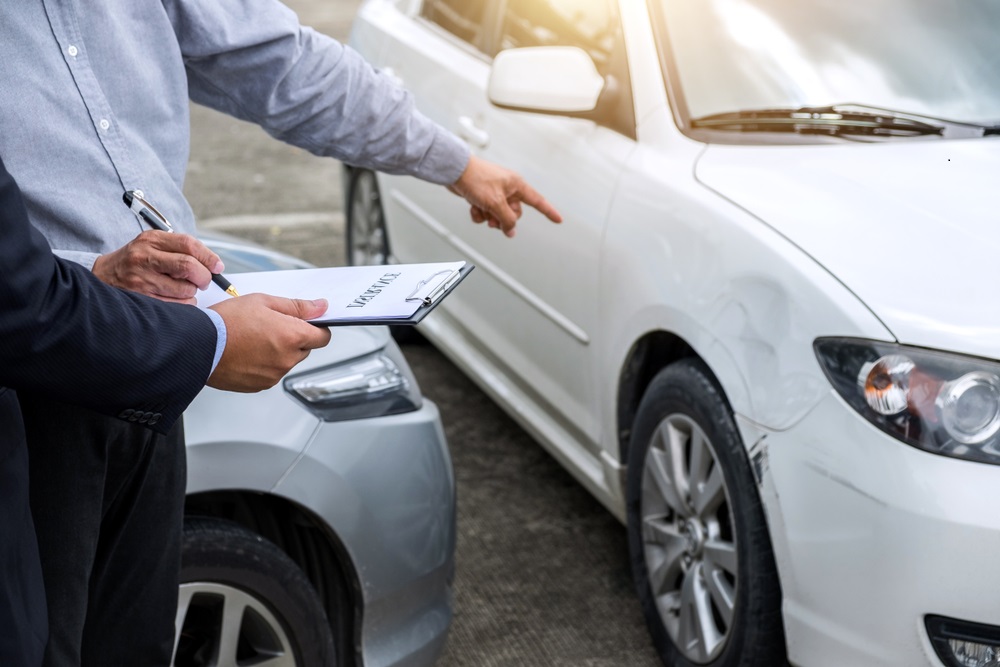No one expects the unexpected. Whether it’s a minor mishap or a major accident on your road trip on the beautiful roads of Long Island. These events can take a toll on one’s physical and emotional well-being.
Shock, confusion, and even fear are common reactions in the wake of an unexpected incident. While it’s impossible to eliminate these feelings completely, having a plan of action in mind can help you regain a sense of control.
This checklist outlines the essential steps to take to protect yourself, handle immediate concerns, and start navigating the path forward.
Assess the Situation
The immediate aftermath of an unexpected incident is often chaotic. Taking a moment to assess the situation is crucial for your safety and the safety of others around you. Here’s what to focus on:
- Your safety first: Are you injured? Is anyone else in immediate danger? If there are serious injuries, call for emergency help right away.
- Identify hazards: Is the environment safe? Are there any ongoing dangers, like a fire, unstable structure, or another potential risk? If it’s safe to do so, try to remove yourself from immediate harm. If not, note the dangers of alerting emergency personnel.
- Relocate if necessary: If remaining in the current location poses a risk, carefully move to a safer area if possible.
In the initial moments, safety is everything. Prioritize protecting yourself and others from further harm before proceeding to the next steps.
Gather Information
Once you are safe, it’s imperative to start gathering information. This will be crucial for insurance claims, potential legal action, and simply documenting what occurred.
Other Parties Involved
If another individual or business was involved in the incident, exchange the following:
- Names and contact information
- Insurance company details (including policy numbers)
- Vehicle information (if applicable)
Seeking Legal Support
For instance, if you are traveling from Long Island to Suffolk and have a car accident. Especially for someone with injuries or significant damage, consider contacting a legal professional specializing in car accidents.
Lawyers offering comprehensive legal care for Suffolk car accidents can help you navigate the legal process and ensure you receive fair compensation. They can file claims in both state and federal courts. Lawyers can negotiate settlements with liable parties and work to secure favorable judgments at trial.
Document everything
Take photos or videos of the damage, the wider scene, and any important details. Write down what happened while it’s fresh in your mind.
If there were witnesses, get their names and contact information. This can greatly help streamline the handling process of your incident.
Contact the Authorities
Not every unexpected incident requires contacting the authorities, but in many cases, it’s essential. Here’s a breakdown of when to involve law enforcement or other appropriate officials:
- Injuries or significant damage: If anyone is injured or there’s substantial property damage, it’s usually the law to report the incident to the police.
- Unclear circumstances: If you’re unsure whether the situation requires a police report, it’s better to err on the side of caution and make the call. They can help you determine the appropriate course of action.
- Documentation: A police report serves as an official record of the incident. This can be vital for insurance claims, legal proceedings, or even protecting yourself from false accusations later on.
- Other authorities: Depending on the nature of the incident, you may also need to contact the fire department, emergency medical services, or other relevant agencies.
Even for minor incidents, if you feel unsafe or believe a crime has been committed, don’t hesitate to contact the police.
Handle Insurance and Practical Matters
Taking swift action regarding insurance and practical matters limits the incident’s ongoing impact and starts the recovery process. Contact your insurance provider immediately, whether it’s auto, homeowner’s/renter’s, or other relevant policies. Follow their claim initiation process.
If property damage occurred, obtain estimates for repairs or replacements. Keep detailed records of these estimates and any incident-related expenses. Should the incident disrupt your living situation, explore temporary housing options; some insurance policies may cover these costs.
Maintain thorough documentation throughout the process. Keep records of insurance communications, repair estimates, medical bills (if applicable), and any other related paperwork. Having your policy information handy will streamline the initial claim call.
Takeaway
Shock and disorientation are common reactions after an unexpected event. While you cannot control what happened, this checklist gives you a framework for regaining a sense of control.
By following these steps, you empower yourself to handle the situation and begin moving forward. Taking action, even small steps can help reduce feelings of helplessness in the face of an unexpected event.






